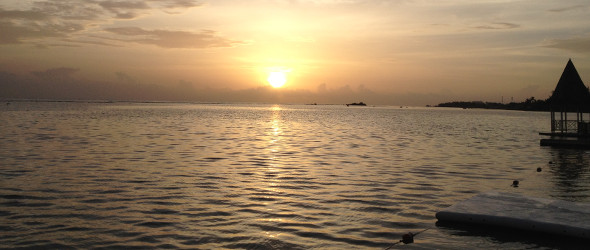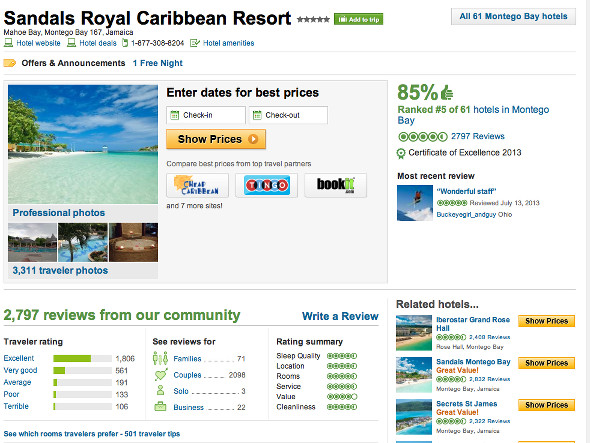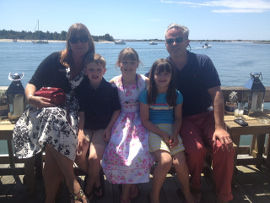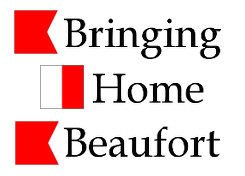 Sunrise at the Sandals Royal Caribbean Resort in Montego Bay, Jamaica
Sunrise at the Sandals Royal Caribbean Resort in Montego Bay, Jamaica
Reviews are everywhere.
From Amazon to Angie’s List, you can find a review on just about anything that you can purchase, including travel…
especially travel!
We travel agents even have sites where we review our host agency partners, Host Agency Reviews.
Most travelers are familiar with TripAdvisor. TripAdvisor bills itself as “the world’s largest travel site, enabling travelers to plan and have the perfect trip.” I tend to be an obsessive user/reader of TripAdvisor’s reviews.
Does it enhance my travel experiences?
No, often times it doesn’t.
Why?
I tend to become preoccupied with negative reviews. An example:
We love Sandals Resorts – both visiting them and working with them.
The company is amazing, its people are top-notch.
But, the first time I visited Sandals Royal Caribbean Resort in Montego Bay, Jamaica, I became obsessed with what was a very small percentage of negative reviews that centered on noise from the nearby Sangster International Airport, along with some criticism of the Royal Caribbean’s relatively small beach.
Were any of these negative reviews true?
Not to me.
I had a ball on my first trip to the Royal Caribbean. It was amazing. I had a great time. The airplane noise had absolutely no negative impact on me at all. In fact, I thought it was interesting to see the occasional jet go over – during our most recent stay we had maybe 10 to 12 planes go over a day.
Does that mean the negative reviewers were wrong?
I think they were wrong, but the reviewers legitimately may have been bothered by the sound, who knows. For my taste, they were being overly critical.
So, do I think that online reviews are useful?
Yes, extremely useful.
But, you have to keep them in context. The people writing the reviews may have much different priorities than you have. They may consider things important that you couldn’t care less about.
How do you get the most use out of online travel reviews?
Let’s use TripAdvisor’s reviews of the Royal Caribbean as an example.
As of this writing here’s how the reviews break down:
1,806 Excellent
561 Very Good
191 Average
133 Poor
106 Terrible
Here’s a screenshot of the TripAdvisor page:
When you calculate the percentages, that’s 85% excellent or very good, and 15% not.
That’s a pretty positive reponse considering the accepted wisdom that folks who had a bad experience are generally more inclined to write about their experience than those who had a positive experience.
How should you analyze these reviews to get the most out of the process?
1. Do the math.
What percentage are positive versus negative. In my experience, anything over 75% positive is an overwhelming success. Hint: TripAdvisor normally does this for you – check out the top right corner of the screenshot above.
2. Read the positive reviews first.
First impressions are exceedingly important.
If you read the negatives first, you stand the chance of ruining your trip before you even leave the house (believe me, I have done it more than once).
Are the high points that you see in common on the positive reviews important to you?
One of the common threads on the Royal Caribbean is service. Good service is exceedingly important to me…I was not at all disapointed, as with all Sandals resorts, the service was amazing.
The Jamaican people are wonderful, and I cannot wait to get back to Jamaica (and to Sandals)!
3. Read the negatives with caution and look for themes.
One of the big negatives on the Royal Caribbean reviews was the noise form the airport.
We chose the Royal Caribbean because we had never been to Jamiaca and wanted to spent as much time enjoying Jamaica as we could and as little time as possible in transit form the airport to our destination (many of our clients make the same choice). We knew the Royal Caribbean was close to the airport and we were willing to put up with a little noise.
Sangster is busy, but Atlanta, O’hare, or LAX it ain’t.
The noise really is minimal.
4. Take any review – positive or negative – with a grain of salt.
The folks writing reviews on a site like TripAdvisor are consumers, members of the general public.
That’s a good thing I think.
They are not journalists or other professional writers, though, and generally speaking, online review writers do not have to abide by any specific code of conduct in producing a review.
Remember that when you read such reviews.
The writer might have a particular bias that will impact the review in a way that may be unhelpful to you. Once you read the review you can’t unread it.
Last year, I read a number of negative reviews of a hotel (not in Jamaica) that I like very much.
I have stayed in this hotel many times and never had anything but a stellar experience. That said, the reviews were believable and highlighted some things that I had witnessed as problems other guests might have.
I have not been to that hotel in several years and I’ll have to admit that those negative reviews, whether legitimate or not, have impacted my choices.
Should those negative reviews have impacted me the way they did?
Good question.
I think maybe they shouldn’t have, and I plan to visit that hotel again sometime soon to see how I feel about it after a few years.
A final word of advice:
When plannig that next trip, read those reviews. But read them with the proverbial grain of salt, both the positive reviews and the negative ones.
What about reviews from travel bloggers?
Another excellent question. We’re working on an article about that topic right now and hope to have it posted soon.
And remember….
Relax…you can get there from here!

 Hi! I'm Jennifer Newsome and I own and operate Southern Girl Travel with some help from my husband, Mark, and our three kids. This shot was taken in beautiful
Hi! I'm Jennifer Newsome and I own and operate Southern Girl Travel with some help from my husband, Mark, and our three kids. This shot was taken in beautiful 